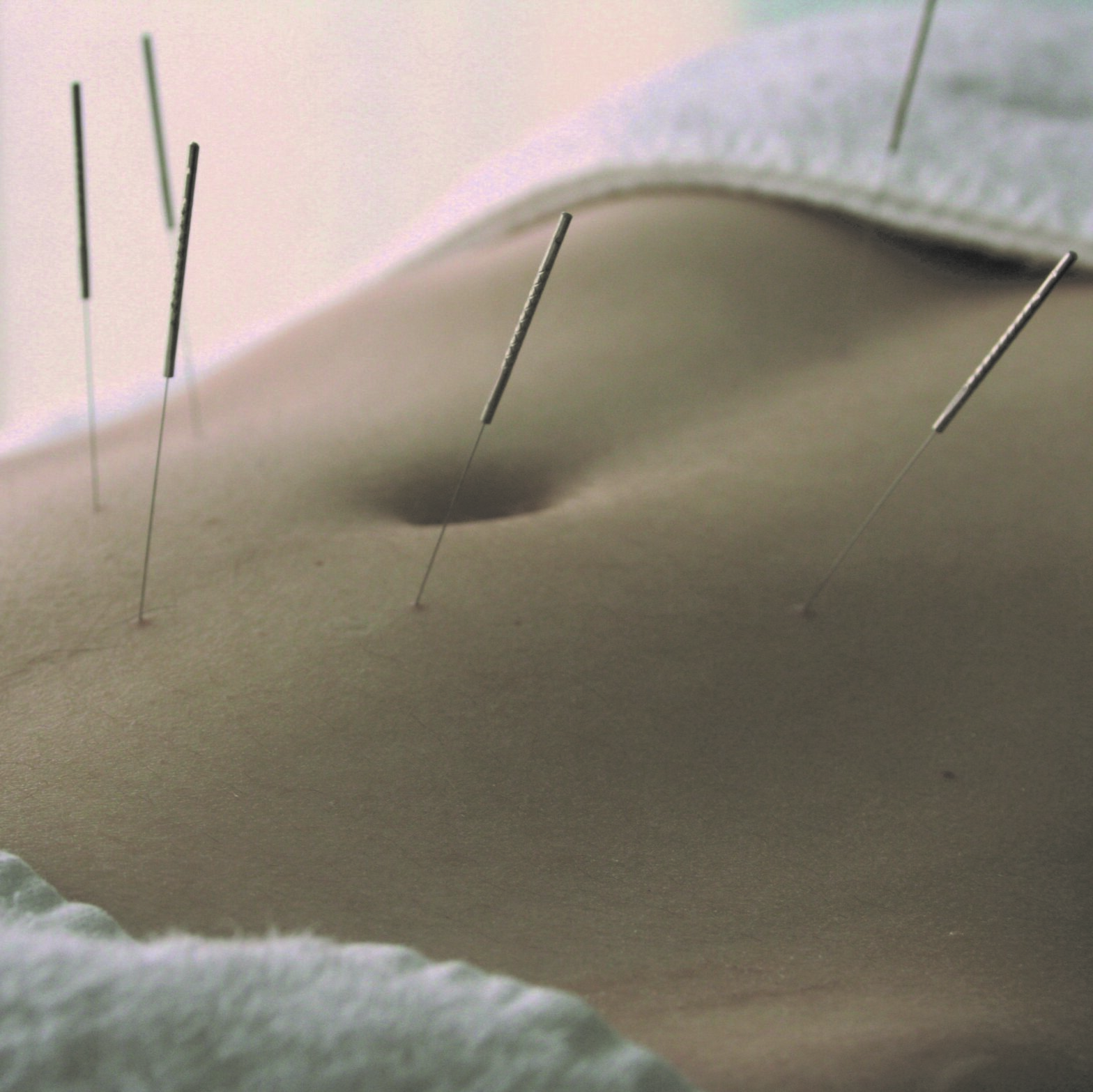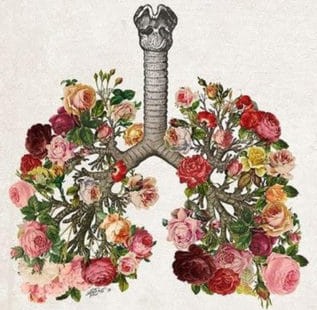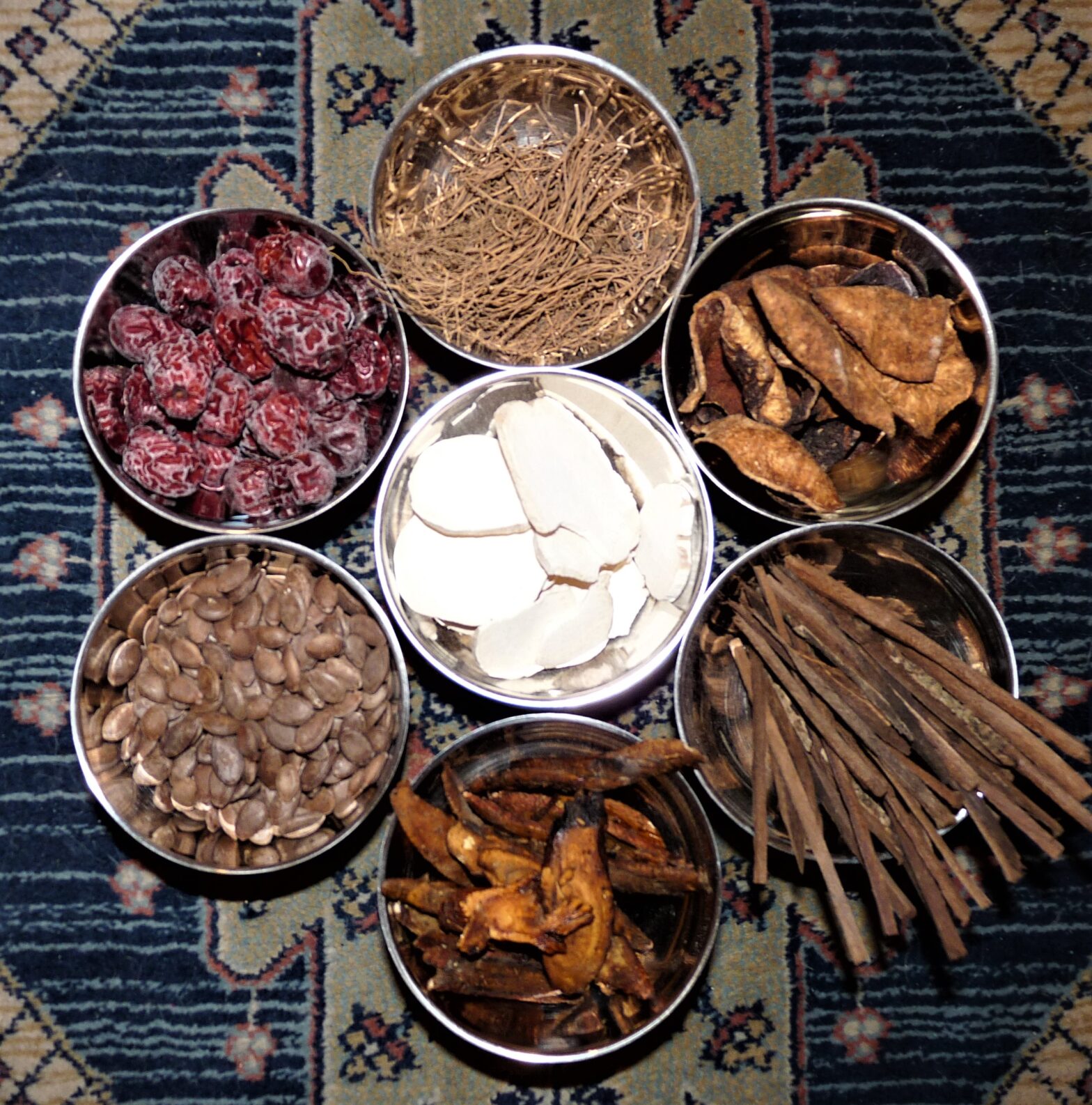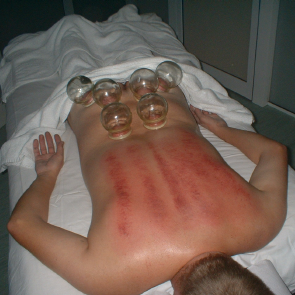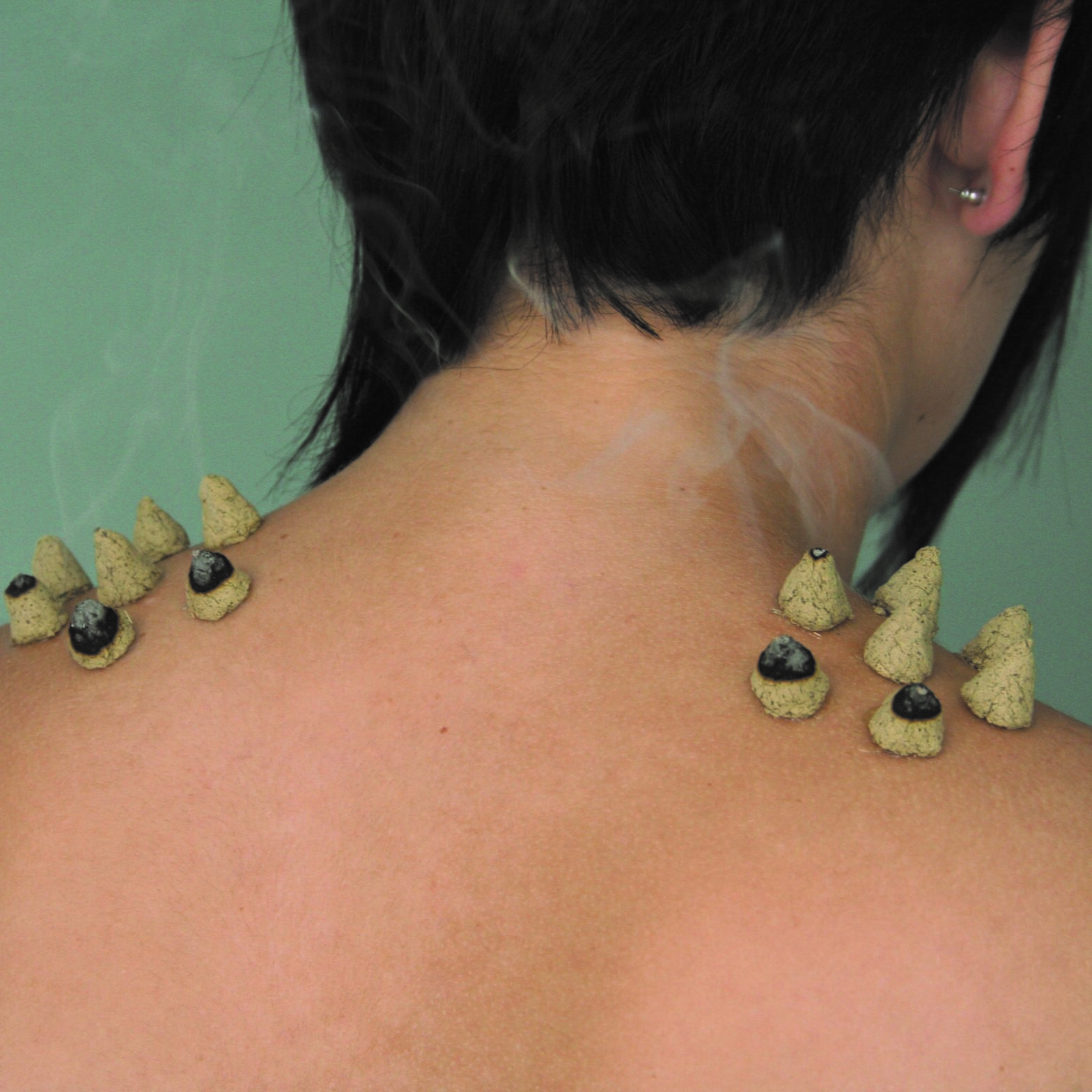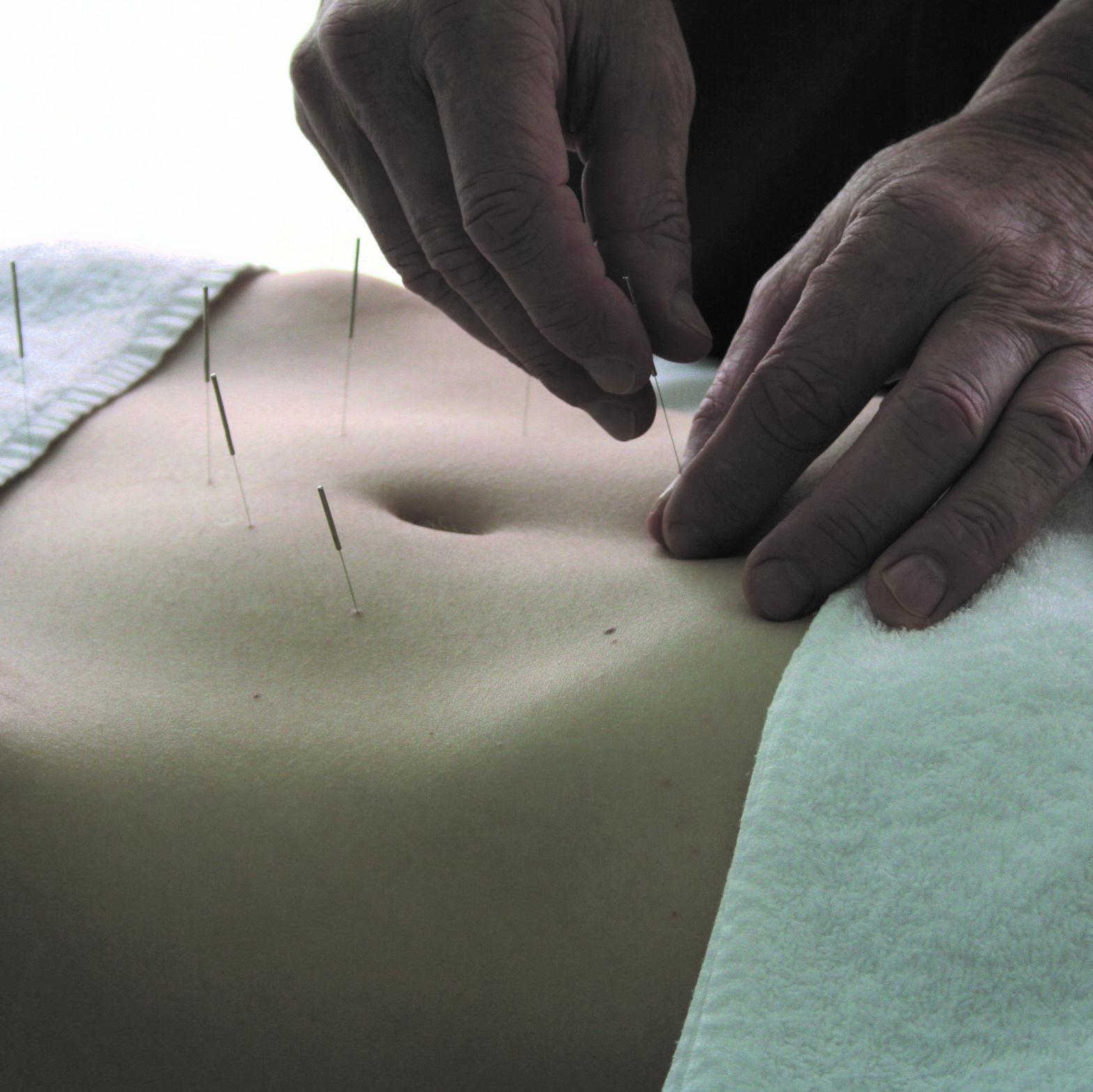Pain relief is the most common reason for seeking medical attention. For some people pain may be temporary and easy to tolerate, but for many others it can be severe or unrelenting or both. If you have a body, then you will be familiar with the experience of pain. The good news is that, although pain is inevitable, suffering is optional! …
Category: Articles
Boosting Immunity with Chinese Herbal Medicine
The current global COVID-19 pandemic has led to high levels of anxiety in the community; many people are looking to Chinese Herbal Medicine for its potential to boost immunity and manage symptoms, especially for fevers, sore throats and respiratory dysfunction. The question is, can Chinese Herbal Medicine treat the symptoms of COVID-19?
Dry Needling or Acupuncture?
Dry Needling or Acupuncture – What’s the Difference? You’ve all heard the old saying: if it looks like a duck and walks like a duck and sounds like a duck … it’s a duck! Well I have to tell you that anyone doing dry needling uses acupuncture needles, just like an acupuncturist, and they insert the
Chinese Herbal Medicine
Chinese Herbal Medicine uses a vast pharmacopeia of plant and mineral substances, classified according to flavour and temperature, to optimise the internal environment.
Cupping and Guasha
Cupping and Guasha form part of the “folk medicine” of the Orient and deserve a worthy place in the tool kit of any Oriental Medicine practitioner or bodyworker. They achieve clinical results that are otherwise very labour intensive to attain.
Moxibustion
Moxibustion is the practice of burning a herb, Artemesia Vulgaris or mugwort, on or close to the body in order to generate specific therapeutic effects.
Pulse Diagnosis
The art of reading the pulses is the central diagnostic technique of TCM and in many ways shapes the whole character of Oriental Medicine practice. This brief article highlights the essentials of Pulse Diagnosis.
Fundamentals of Chinese Medicine
The ancient system of Chinese Medicine describes a functional/energetic system of anatomy. According to this theory, the human body operates under the guidance of a network of interrelated Organ Systems.
Traditional Chinese Medicine
The art of healing with acupuncture and herbs evolved in China over at least two thousand years, yet the texts we have from that period demonstrate a remarkably sophisticated system of thought which must surely have taken many generations of observation and practice to develop.
How Does Acupuncture Work?
This article describes, in plain language, the effect of acupuncture on muscle tension, the immune system, the blood circulation and the connective tissue.
Oriental Medicine and Psychotherapy
The Oriental Medicine understanding of psychological problems is not separate from the standard frameworks for the treatment of physical problems. This article is an extensive academic paper discussing aspects of the Oriental Medicine approach to human psychological issues.
Practical Psychotherapy
The Five Phases of Traditional Chinese Medicine, Wood, Fire Earth, Metal and Water, coincide with the five major Yin Organ systems, Liver, Heart, Spleen, Lung and Kidney. When dealing with patterns of psychological disharmony, each of the Five Phases evokes a set of in-built practical solutions ensuring that all facets of the psyche are functioning optimally and co-operatively.




